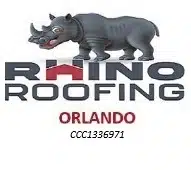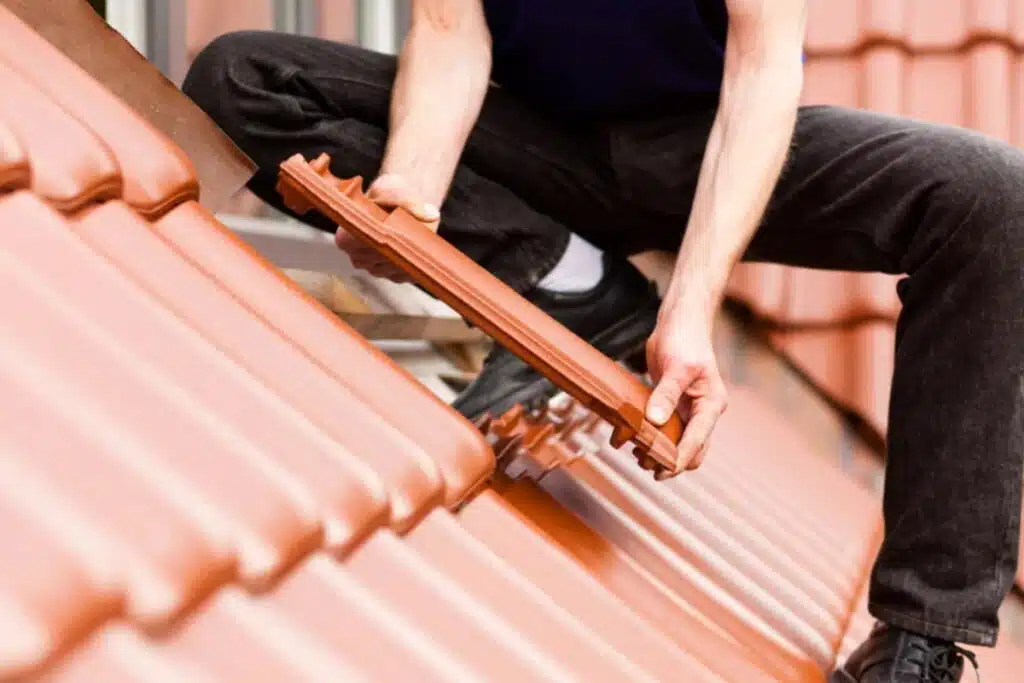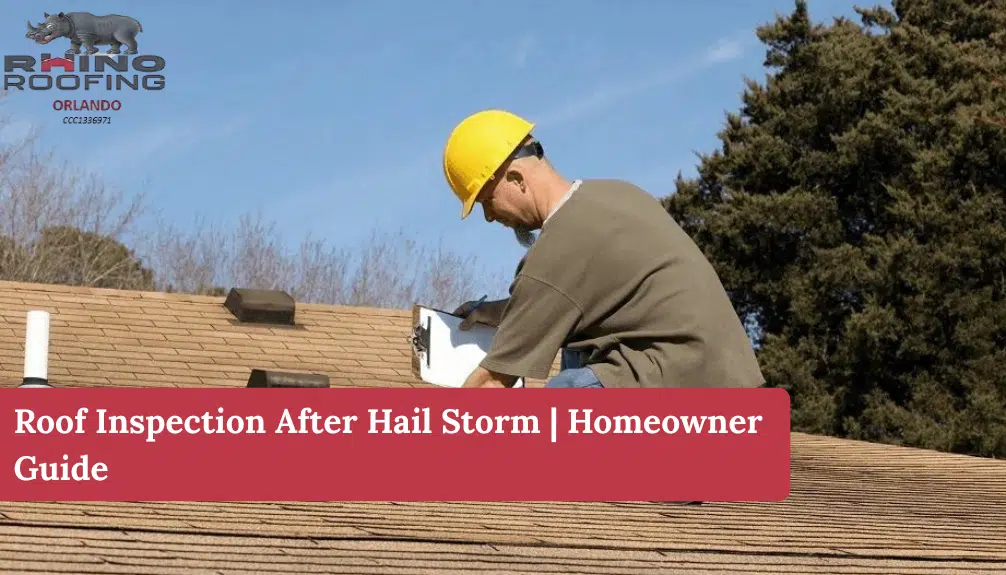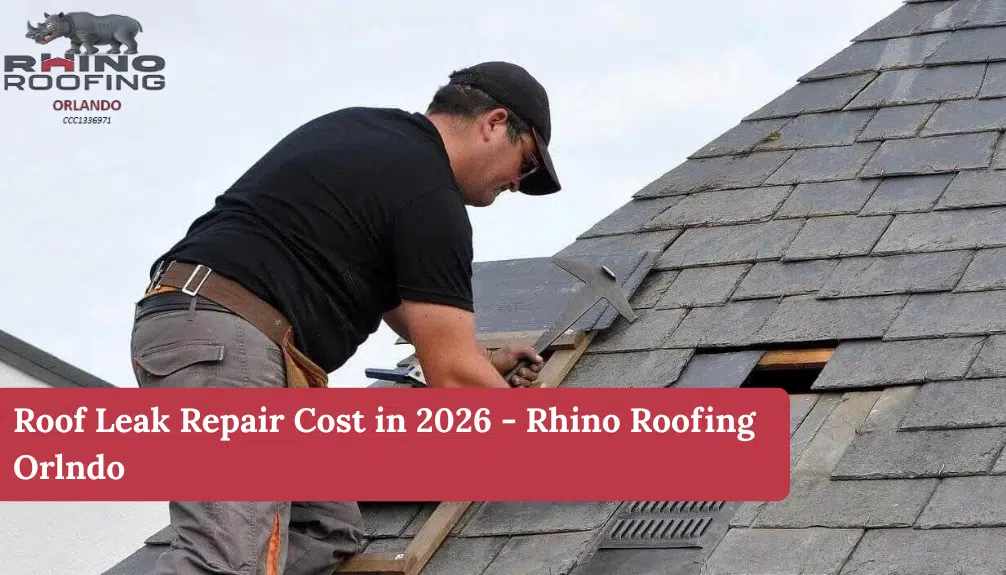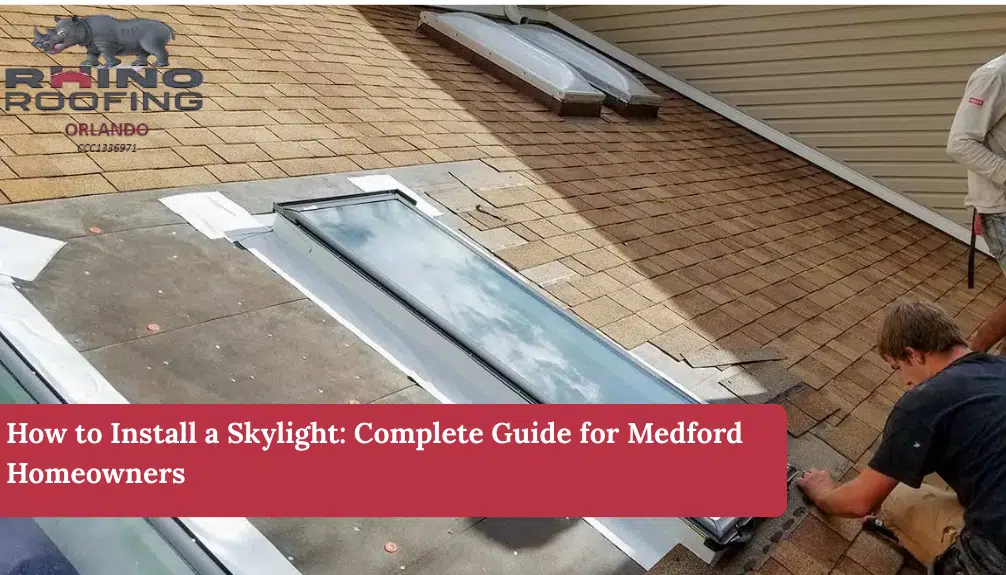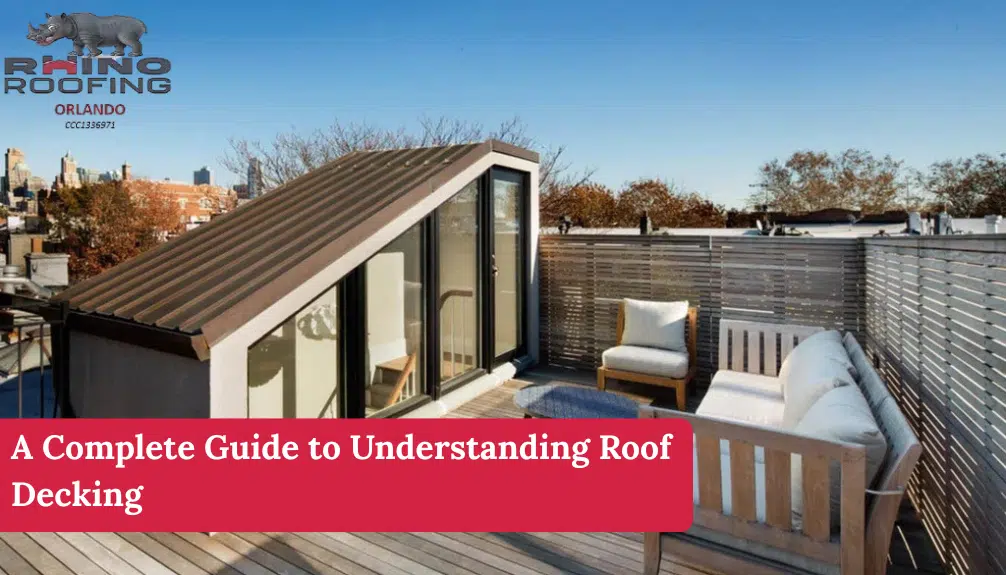Florida homeowners often find themselves asking important questions about roof repairs—especially when dealing with storm damage, insurance claims, and local building codes.
One of the most significant laws affecting roof repairs in Florida changed recently, and many homeowners are still unaware of how it impacts them.
If you live in Orlando, Kissimmee, Winter Park, or anywhere in Central Florida, understanding Florida’s roof repair law is crucial.
The law directly affects when a roof must be repaired versus when a full replacement is required. And if you’re working with your insurance company, these regulations could influence your claim.
So, what exactly does the Florida roof repair law say, and what does it mean for homeowners like you? Let’s break it down.
Understanding Florida’s Roof Repair Law
Florida’s roofing laws are designed to ensure homes remain safe and structurally sound, especially considering the state’s harsh weather conditions. In 2021, Florida legislators made an important change to the state’s “25% Rule,”which has now been updated to a “40% Rule.”
What Was the 25% Rule?
Before the law changed, Florida followed a rule stating that if more than 25% of a roof was damaged within a single 12-month period, the entire roof had to be replaced to meet current building codes. This law was in place to ensure that roofing systems remained up to date with the latest Florida Building Code (FBC) standards.
While the rule aimed to protect homeowners, it also caused issues. Many insurance companies opted for full roof replacements even when minor repairs could have been sufficient.
This led to increased claims, higher insurance premiums, and rising roofing costs for homeowners across the state.
The New 40% Rule: What Changed?
In 2021, Florida lawmakers revised the roof repair law, changing the threshold from 25% to 40%. Under the new law, if less than 40% of a roof is damaged, repairs can be made without requiring a full roof replacement.
However, if the damage exceeds 40%, the entire roofing system must be replaced according to the latest building codes.
This change is significant for homeowners because it allows more flexibility in handling roof damage. Instead of immediately requiring a full replacement, you may now qualify for a repair if your damage falls below the new threshold.
How Does the 40% Rule Affect Homeowners in Florida?
If you own a home in Orlando, Winter Park, Kissimmee, or other cities in Central Florida, this law could impact how you handle roof damage and insurance claims.
1. Fewer Full Roof Replacements
Many homeowners previously had no choice but to replace their entire roof, even if only a small portion was affected. Now, more homeowners can opt for repairs instead, saving money and time.
2. Potential Changes in Insurance Coverage
Insurance companies are adjusting to the new law. Some policies may still require full replacements in certain situations, while others may approve partial repairs. If you’re filing a claim, check with your insurance provider to understand your policy’s specific terms.
3. Increased Need for Professional Roof Inspections
With the new 40% threshold, it’s more important than ever to get an accurate roof inspection. A professional roofing contractor, like Rhino Roofing Orlando, can assess the extent of the damage and determine whether you qualify for a repair or need a full replacement.
How to Determine if Your Roof Qualifies for Repair or Replacement
If your roof has suffered damage, the first step is a professional roof inspection. Here’s what roofing experts look for:
- Extent of Damage: Is more than 40% of the roof affected?
- Age of the Roof: Older roofs may still need replacement even if damage is below the threshold.
- Type of Damage: Are there missing shingles, leaks, or structural concerns?
- Previous Repairs: If your roof has had multiple repairs, a full replacement may be more cost-effective.
Roof Damage After a Storm: What to Do Next
Florida’s storms are a leading cause of roof damage, and knowing what to do afterward can make all the difference:
- Inspect Your Roof from the Ground – Look for missing shingles, sagging areas, or visible damage.
- Check for Leaks Inside Your Home – Water stains on ceilings or walls indicate possible roof damage.
- Call a Trusted Roofing Contractor – Rhino Roofing Orlando provides professional inspections and honest assessments.
- Contact Your Insurance Provider – If storm damage is covered, file a claim as soon as possible.
Common Roof Repairs Under the 40% Rule
If your roof qualifies for repair instead of a full replacement, here are some of the most common repairs you might need:
Shingle Roof Repairs
- Replacing missing or broken shingles
- Fixing curling or buckling shingles
- Addressing minor leaks around vents or chimneys
Tile Roof Repairs
- Replacing cracked or loose tiles
- Fixing underlayment issues
- Sealing minor leaks
Metal Roof Repairs
- Repairing dents or punctures from debris
- Replacing damaged panels
- Sealing seams to prevent leaks
If your roof needs repairs and you’re not ready for a full replacement, call Rhino Roofing today. We’ll take care of your roof and ensure it meets Florida’s building codes.
The Importance of Working with a Licensed Roofing Contractor
Because Florida’s roof repair law is directly tied to building codes, hiring a licensed and experienced roofing contractor is essential. Here’s why:
- Code Compliance: A reputable roofer ensures your repairs meet Florida’s strict building codes.
- Accurate Damage Assessment: Professionals can determine whether your damage is below or above the 40% threshold.
- Insurance Assistance: Experienced roofers work with insurance companies to help maximize your claim.
- Quality Workmanship: Cutting corners on repairs can lead to more problems down the road.
We specialize in both roof repairs and full roof replacements. Our experienced team understands Florida’s roofing laws and can guide you through the process with transparency and expertise.
Frequently Asked Questions About Florida’s Roof Repair Law
Does the 40% Rule Apply to All Homes in Florida?
Yes, the rule applies to all residential homes under the Florida Building Code. However, certain HOAs and insurance policies may have additional requirements.
Can I Repair My Roof Instead of Replacing It?
If the damage is less than 40%, a repair is possible. However, if your roof is aging or has existing structural issues, a replacement may be the better long-term solution.
How Do I Know If My Insurance Will Cover My Roof Repair?
It depends on your insurance policy, cause of damage, and age of the roof. Many policies cover storm-related damage but may have exclusions for wear and tear.
What If My Insurance Company Denies My Claim?
If your claim is denied, Rhino Roofing Orlando can provide a second opinion. In some cases, insurance companies incorrectly assess roof damage, and we can help advocate on your behalf.
Call Rhino Roofing Orlando for Expert Roof Repairs
If your roof has suffered damage and you’re not sure whether you qualify for a repair or a full replacement, don’t wait. Call us today or schedule a roof inspection online. Our experienced team will assess your roof, explain your options, and ensure your home stays protected.
We proudly serve Orlando, Kissimmee, Winter Park, and other Central Florida communities. Whether you need a quick repair or a full roof replacement, Rhino Roofing Orlando has you covered. Call us today!
